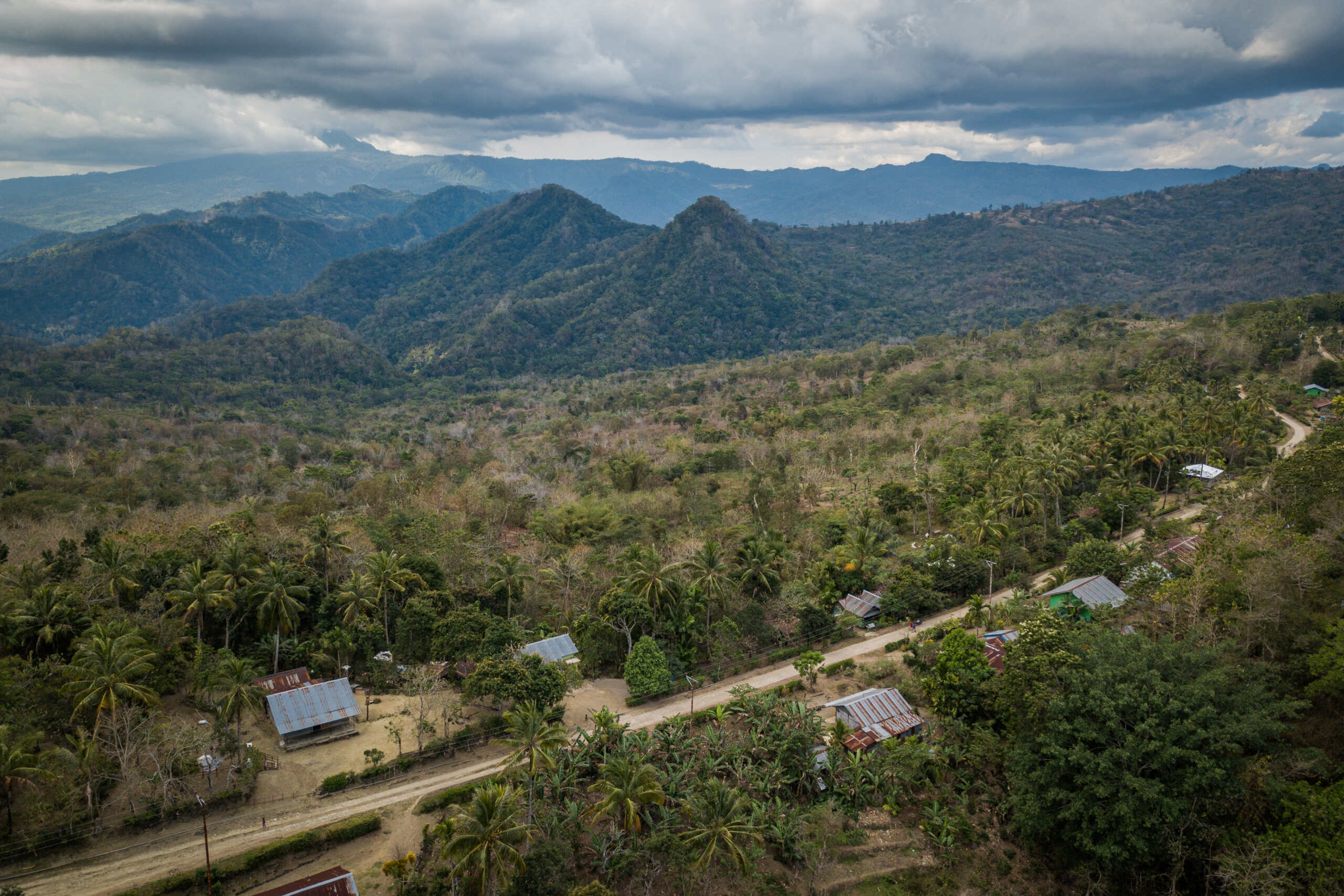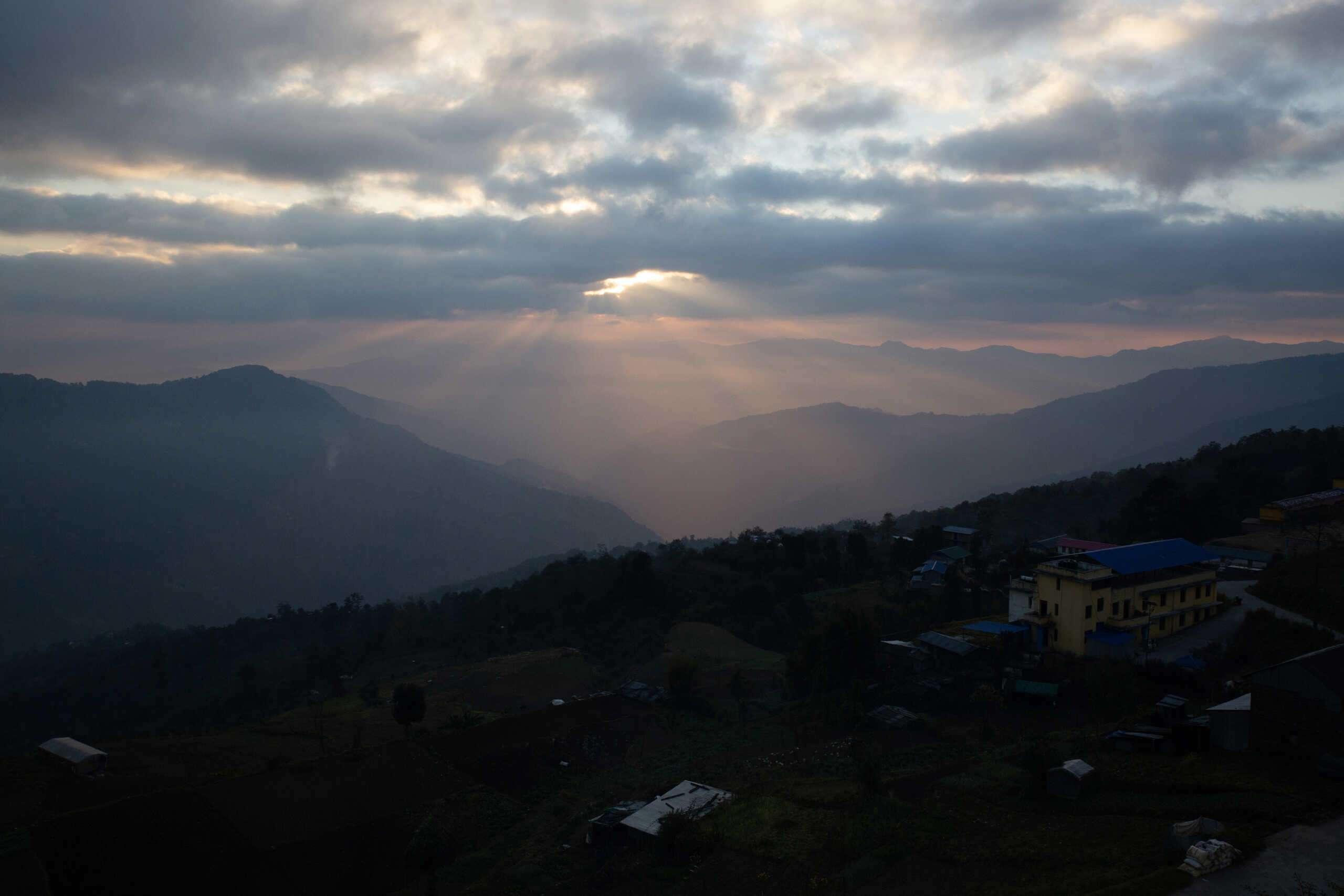Supporting Bangladesh via small, local self-help groups
Stories | January 22, 2024
One of the most significant projects CBM Australia supports in Bangladesh, called “Enhancing Community Based Inclusive Development in Bangladesh”, is full of success stories.
One of the ways the project supports the community is through small, local self-help groups. These groups bring together people with disabilities to mutually support each other – and what a success these have been.
One member of a self-help group, Parvez, cut his wrist in an accident when he was 19. He struggled to keep a job due to his injury, which made it hard for him to support his family. The self-help group helped Parvez by collecting funds from members and providing him with a loan – which he used to set up a clothing and cosmetics business.
Sajeda, another self-help group member, lost her vision when she was five. She married, had a child, and divorced at a young age. Sajeda faced extreme difficulties raising her child alone from such a young age. However, things started to turn around for Sajeda when she joined a self-help group in 2016.
Seeing her potential, the group quickly appointed her as secretary. As she grew in confidence and skill, she managed to open her own business two years later. Now Sajeda is earning enough money to put her daughter through school.
Another way the project is supporting people with disabilities is through providing assistive devices (like wheelchairs and prosthetics) and physical rehabilitation.
Some of the people who have received this support include Parvin, her daughter, and Rabiul.
Parvin’s daughter has cerebral palsy, and, like Sajeda and Parvez, Parvin found support in a local self-help group. The group helped organise physiotherapy for her daughter and helped Parvin start earning an income.
Rabiul lost his left arm and leg when he was hit by a train at age 12. He grew up begging and doing whatever he could to earn money to make ends meet.
However, through the CBM-supported project, Rabiul received assistive devices made especially for him.
Now Rabiul is actively involved in the project’s activities, and he’s started a stall selling snacks and toys near a local sports stadium. Rabiul says he is very thankful for the opportunities he’s had, which have helped him start a ‘new life.’
These genuinely life-changing stories are all made possible by our unique donors here in Australia. So, on behalf of Parvez, Sajeda, Parvin and Rabiul – thank YOU!
CBM acknowledges the support of the Australian Government through the Australian NGO Cooperation Program (ANCP) and thanks our implementing partner, the Centre for Disability in Development.
https://www.cbm.org.au/stories/supporting-bangladesh-small-local-self-help-groups
Related Stories

Week 2 – Lent series 2026
As we continue our Lent journey, we’re grateful to share a heartfelt reflection from CBM Australia’s Head of Program Impact Operations, Kieran Cummins, who...

Building inclusive, climate resilient communities in Bangladesh
Highlights from DFAT Post’s visit In January 2026, representatives from the Australian High Commission in...

Week 1 – Lent series 2026
As we enter the season of Lent, we’re taking time as a community to pause, reflect, and draw closer to the heart of God. Lent invites...
